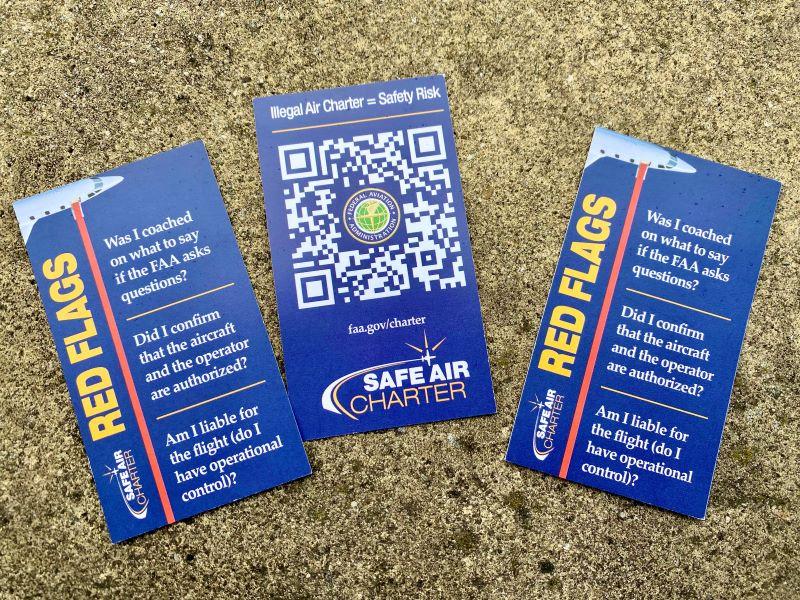
Credit: Bill Carey
NATIONAL HARBOR, Maryland—Knowledgeable passengers are key to combating illegal charter operations, which spiked during the COVID-19 pandemic, according to FAA safety inspectors. “The passengers are the hardest people to reach because they’re basically looking for the cheapest air transportation,”...
Subscription Required
This content requires a subscription to one of the Aviation Week Intelligence Network (AWIN) bundles.
Schedule a demo today to find out how you can access this content and similar content related to your area of the global aviation industry.
Already an AWIN subscriber? Login
Did you know? Aviation Week has won top honors multiple times in the Jesse H. Neal National Business Journalism Awards, the business-to-business media equivalent of the Pulitzer Prizes.





